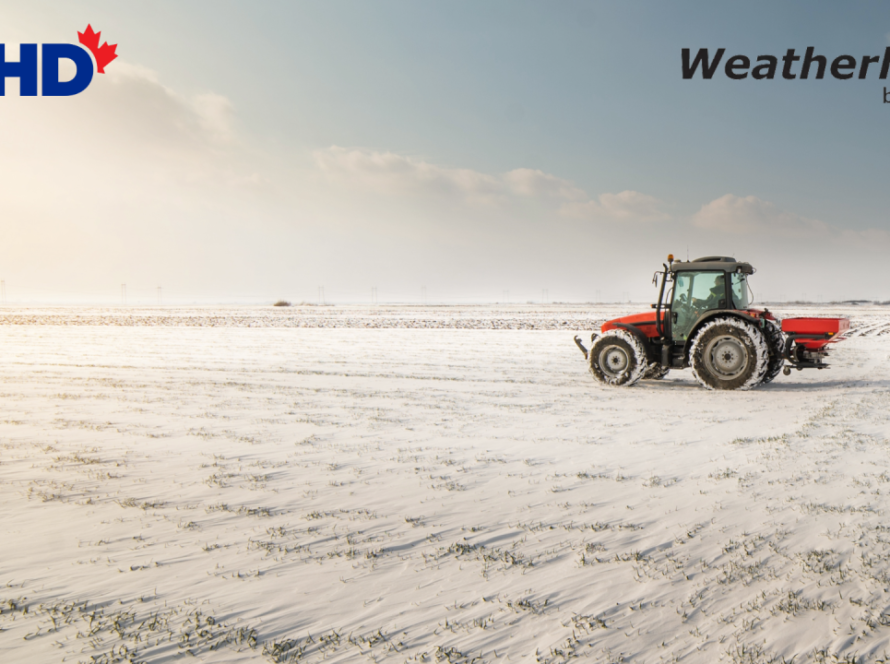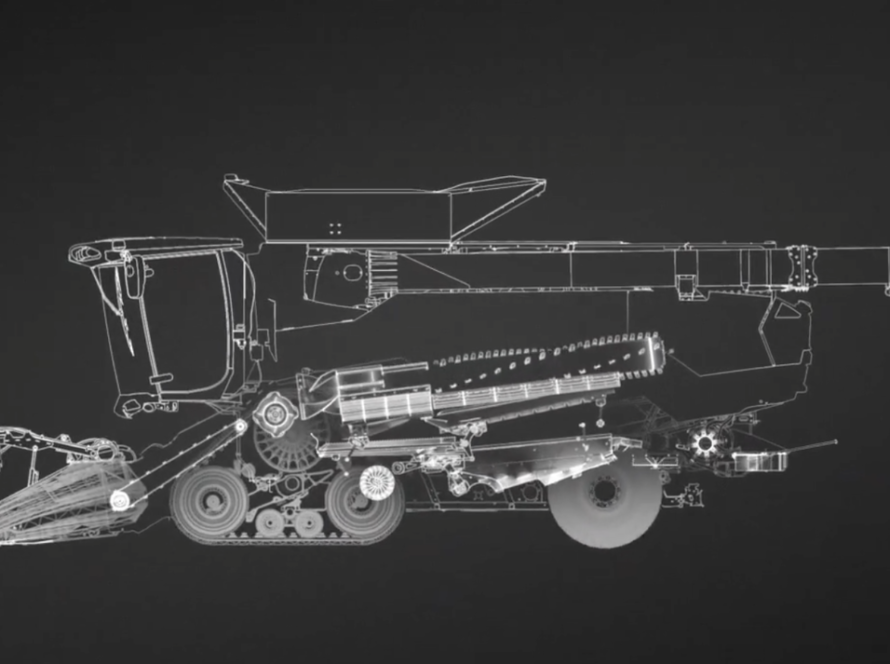Before the rise of hydraulics, tillage was a labour-intensive process. Farmers relied on horse-drawn plows and manual labour to prepare the soil.
The introduction of early mechanized plows in the late 19th century offered some relief, but true improvements were not achieved until hydraulics entered the scene.
Precision and Efficiency
Different crops and soil conditions require specific tillage depths and angles for optimal results. Shallow tillage controls weeds and prepares seedbeds without disturbing deeper soil layers, while deeper tillage breaks up compacted soil and incorporates crop residues. Previously, such adjustments meant stopping the tractor, manually setting the equipment, and often repeating the process multiple times. Hydraulics transformed these operations, enabling quick, easy adjustments on the fly. This means less time spent on laborious adjustments and more time for productive work.
Adaptability to Various Soil Conditions
Sandy soil requires lower tillage depths to prevent excessive loosening, while clay-heavy fields need deeper tillage to break up dense clumps. In the past, changing soil conditions meant frequent stops and manual adjustments, hoping the new settings would work. Hydraulics streamline these operations, allowing quick, easy adjustments, and ensuring optimal tillage regardless of soil type.
Healthier Soil
Inconsistent tillage depth and aggressive plowing can damage soil, leading to poor crop yields and long-term soil health issues. Hydraulics enable precise tillage, reducing soil compaction and erosion, promoting healthier soil structure, better water retention, and ultimately, better crops.
Improved Equipment Longevity
Hydraulics provide smoother, controlled movements, reducing wear and tear on machinery. This leads to fewer breakdowns and extended lifespans for tillage tools, giving farming equipment a new lease on life. In contrast, the rough, inconsistent manual adjustments of the past often led to premature equipment failure and frequent repairs.
Hydraulics have replaced laborious manual adjustments with ease and precision, ushering in a new era of efficient and sustainable farming.
Here’s to a thriving and sustainable future for generations to come.
Happy tilling!


